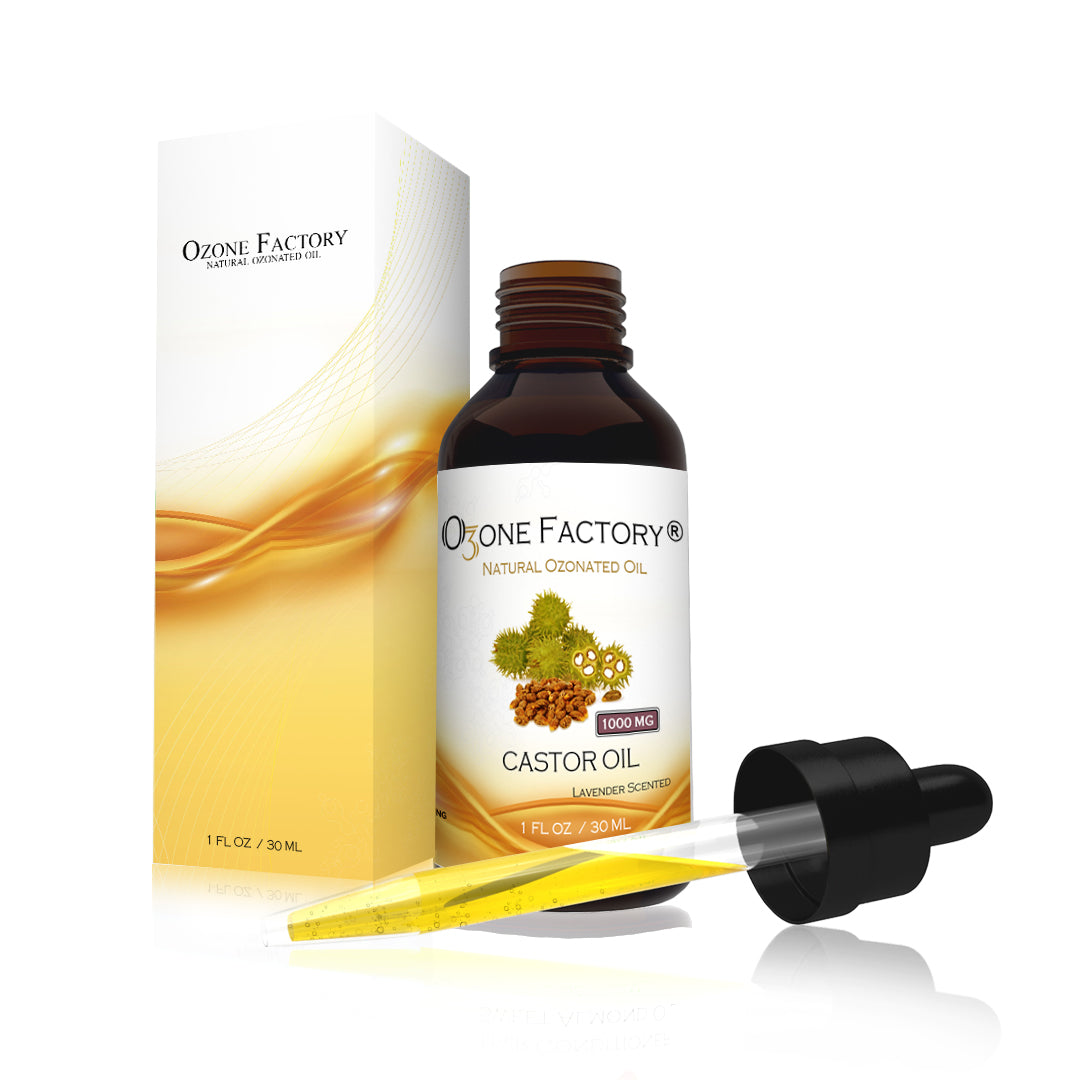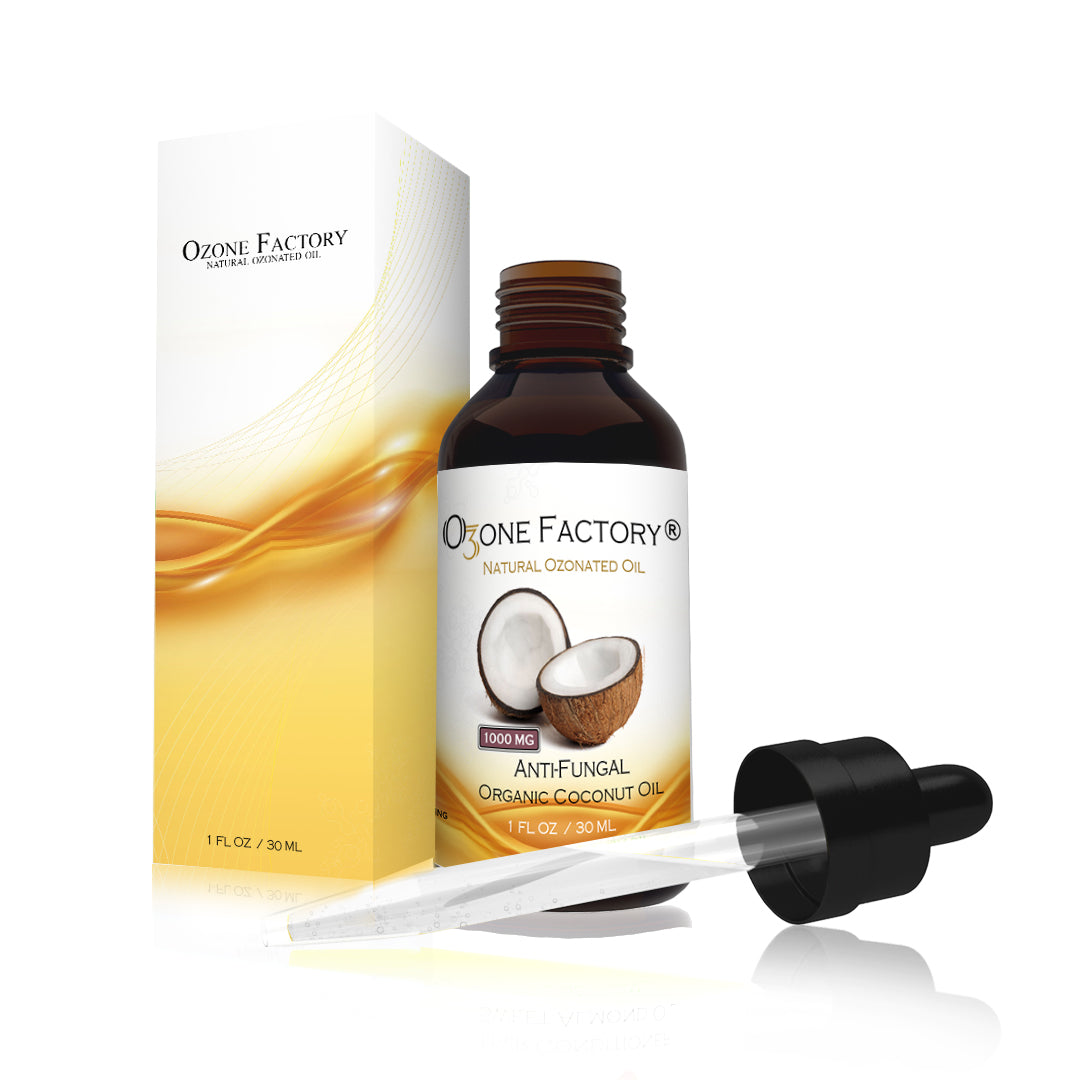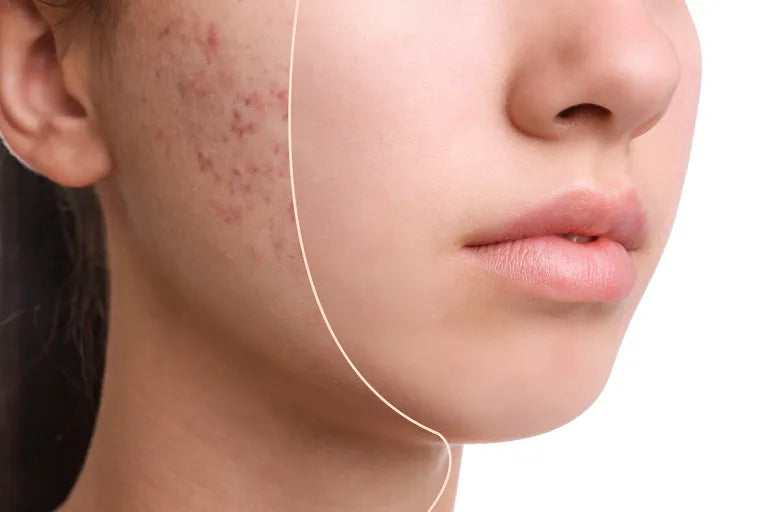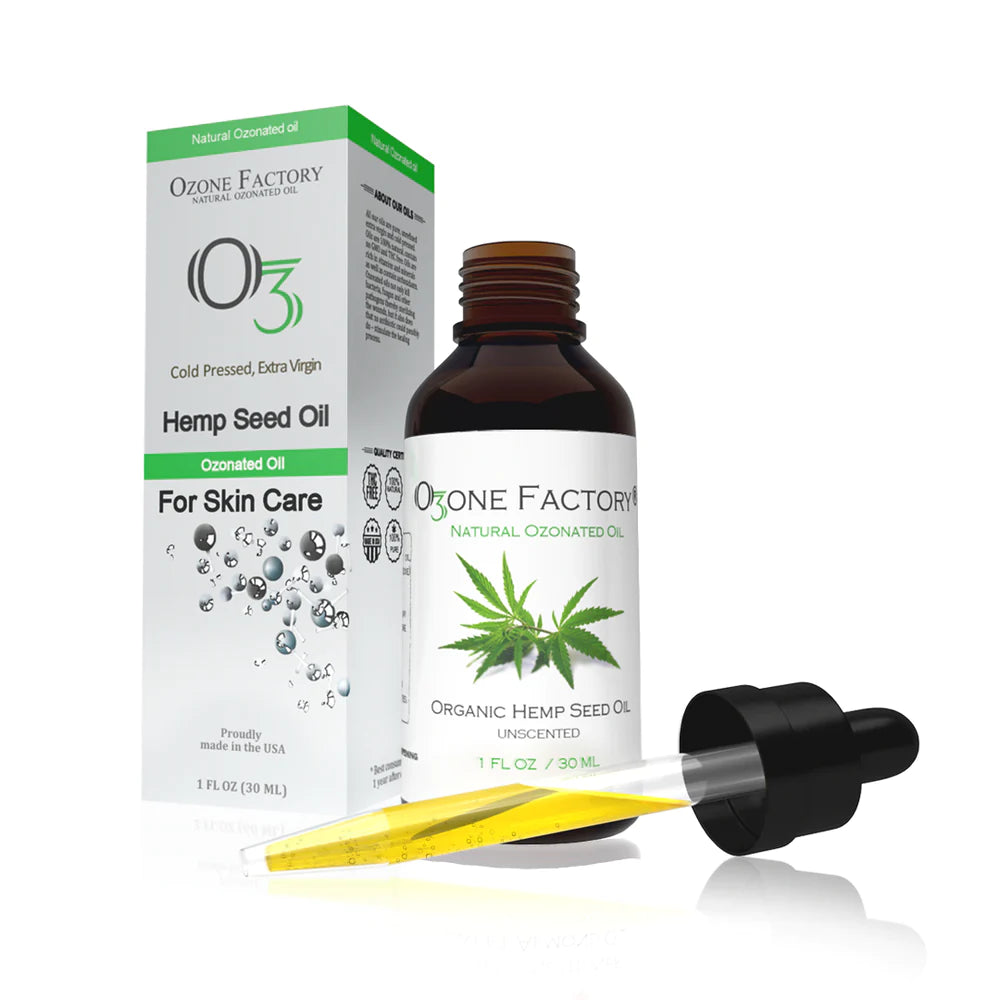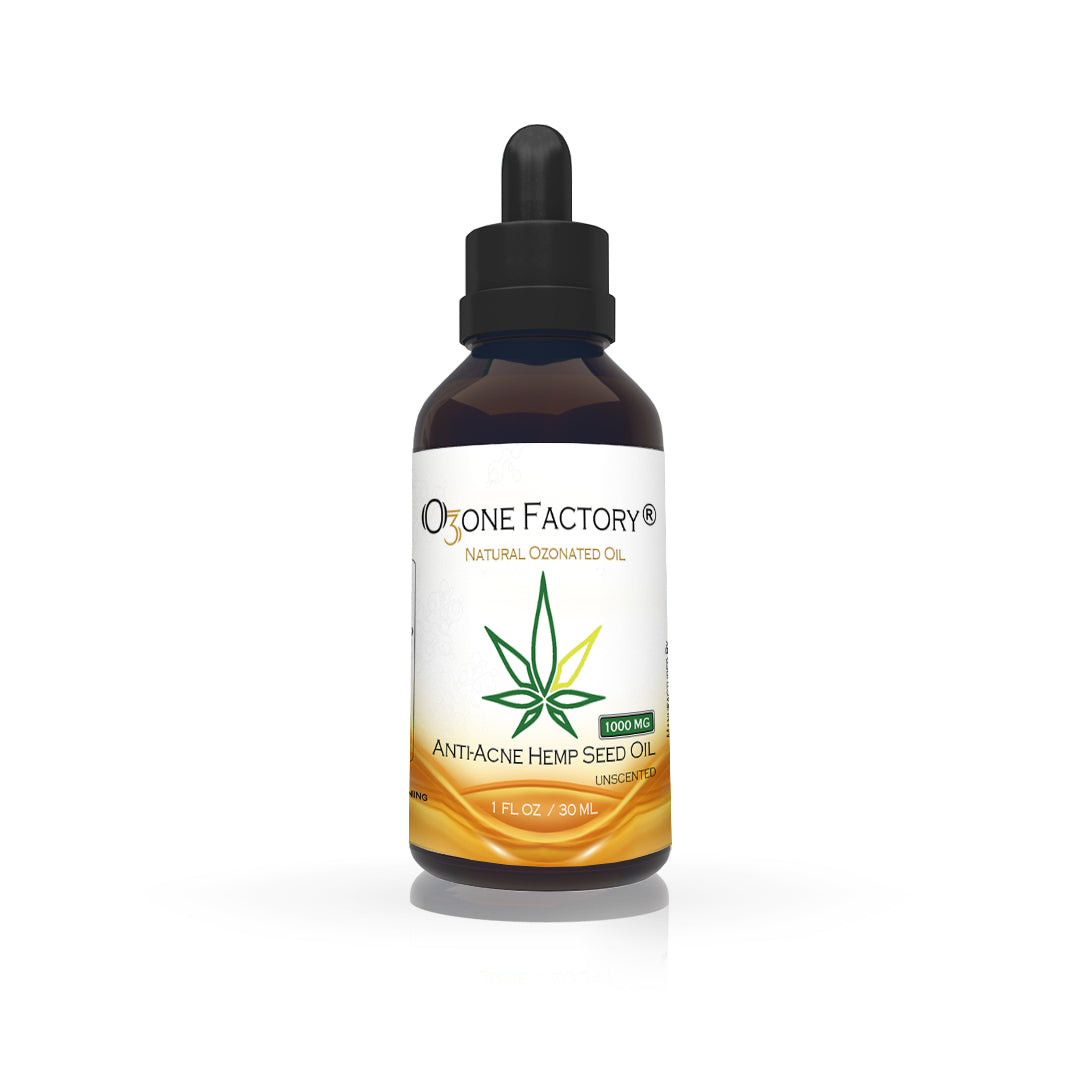
Ozonated oils have been found to possess antiviral properties due to their ability to produce reactive oxygen species (ROS) that have strong antimicrobial effects. These oils are created by bubbling ozone gas through a carrier oil, such as olive oil, hemp seed oil, or coconut oil. The ozone reacts with the oil to create a variety of ROS that have powerful antiviral, antibacterial, and antifungal properties.
Antiviral Properties of Ozonated Oils
Ozonated oils have been shown to be effective against a range of viruses, including herpes simplex virus (HSV), human immunodeficiency virus (HIV), hepatitis C virus (HCV), influenza virus and human papillomavirus (HPV).
A study published in the Journal of Alternative and Complementary Medicine found that ozonated olive oil was effective at inhibiting the replication of HSV-1 and HSV-2 in vitro. Another study published in the Journal of Medical Virology found that ozonated olive oil was effective at inhibiting the replication of HCV.
Ozonated oils work by releasing ROS that damage the viral envelope, inhibit viral replication, and stimulate the immune system to fight off the infection. These properties make ozonated oils a promising treatment for viral infections, particularly those that are resistant to conventional antiviral drugs.

Ozonated oil has been shown to have potent antiviral properties that can help to combat the influenza virus. When ozonated oil comes into contact with the influenza virus, it can disrupt the viral envelope, which is the protective layer surrounding the virus. This can cause damage to the virus, making it less effective at infecting host cells. Additionally, ozonated oil can stimulate the body's natural immune response, which can help to fight off the virus.
Ozonated oil has been shown to increase the production of cytokines, which are proteins that play a critical role in the body's immune response to viral infections. Studies have shown that ozonated oils can be effective against a range of influenza virus strains, including H1N1, H5N1, and H9N2. In one study, ozonated sunflower oil was shown to be effective at reducing the infectivity of H1N1 influenza virus in vitro. Overall, ozonated oils have the potential to be an effective natural treatment for influenza virus. However, more research is needed to fully understand the antiviral properties of ozonated oils and their potential use in the treatment of influenza virus infections.
Applications of Ozonated Oils
Ozonated oils can be applied topically to treat a variety of viral infections, including cold sores, genital herpes, shingles, and warts caused by HPV. They can also be used in dental applications to treat viral infections in the oral cavity.
One study published in the Journal of Orofacial Pain found that ozonated olive oil was effective at reducing the viral load of herpes simplex virus in the oral cavity. Another study published in the Journal of Dental Research found that ozonated water was effective at reducing the amount of HSV-1 in the saliva of patients with recurrent oral herpes.

Conclusion
In conclusion, ozonated oils possess antiviral properties and can be used topically to treat a range of viral infections, particularly those that are resistant to conventional antiviral drugs. While they are generally safe for topical use, caution should be used when applying them to open wounds or sensitive areas. As with any treatment, it is important to consult with a healthcare professional before using ozonated oils to treat a viral infection.

